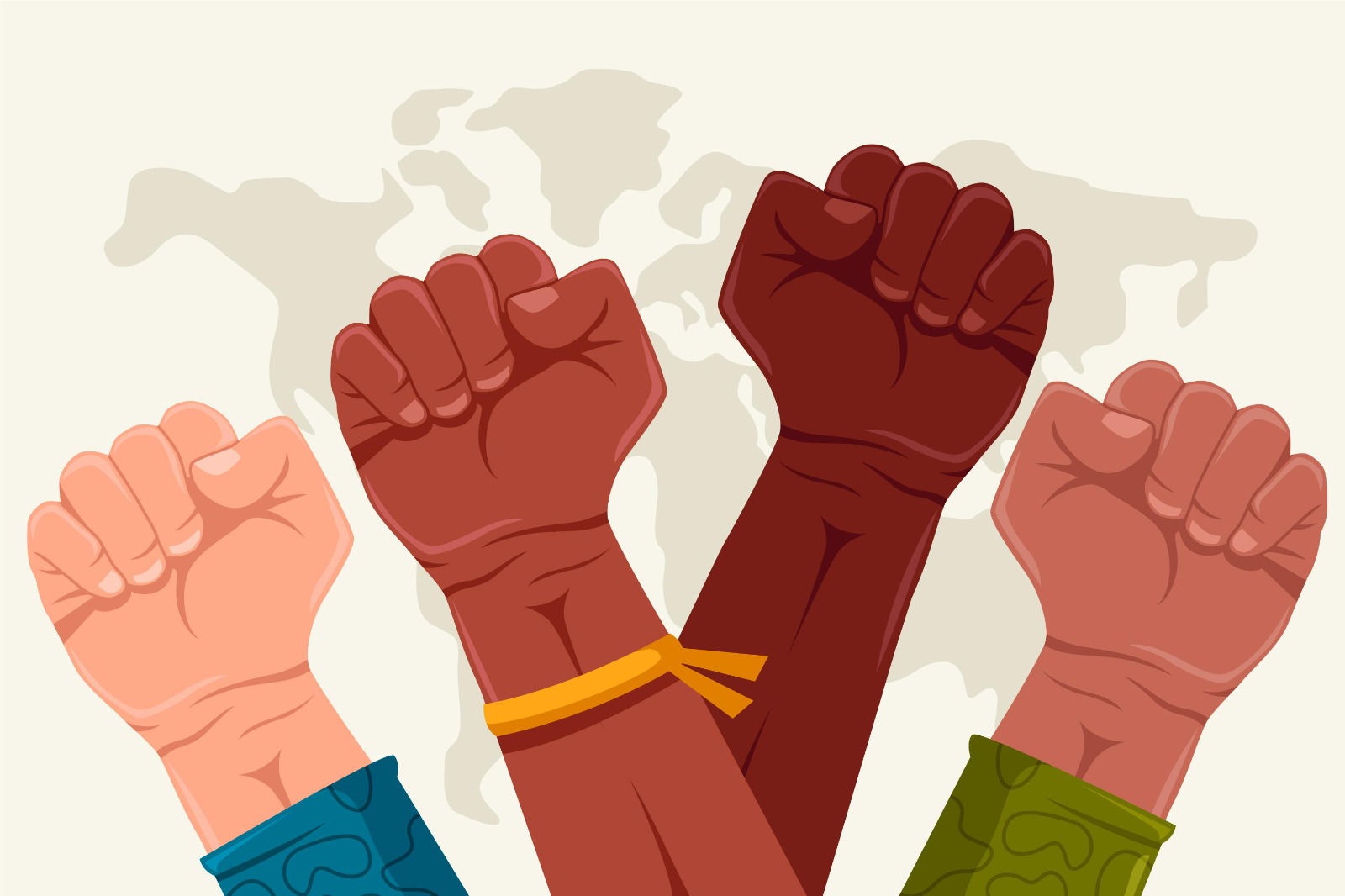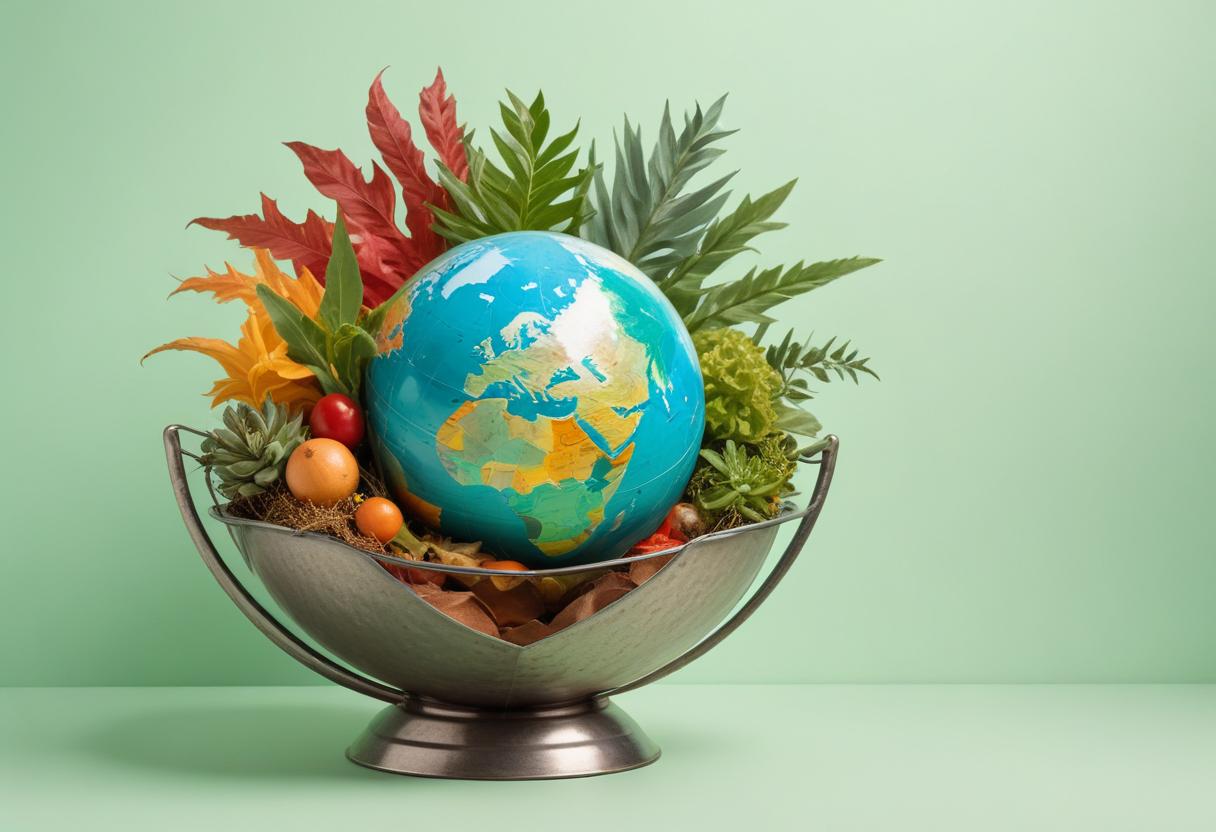Translation is a craft that goes beyond mot-a-mot substitution. It’s a process that entails capturing the essence of the message and conveying it clearly in another language, which inevitably makes it a discipline. Rewards of successful translation are immense-they are mostly intangible though!
As a professional translator, I have to deal with time constraints when juggling multiple projects-each and every one of them mostly requires preserving an idiosyncratic context and refinement -not to mention the relentless ticking of the clock. Sadly, measuring out the life in coffee spoons[ Eliot, T.S., The Love Song of J. Alfred Prufrock and Other Poems] under pressing conditions are often overlooked. Let’s unveil the intricate world of translation and let me walk you through the difficulties that I face as I try my best to bridge over linguistic gaps, especially when time is of the essence.
The perception of time has undoubtedly changed, it has accelerated indeed. Tight deadlines are imposed, leaving little room for careful consideration even though it’s a must for quality translation. Coming up with a quality end result under time constraints on the one hand, and preserving the context and cultural refinement on the other hand is time-demanding. Technological advancements do help of course, but not always. Actually, there are often times when I’m assigned with certain projects that certainly require me to stay away from technological advancement, and rather to stick to conventional methods. So, what I’m expected to do is to strike a fine balance between enjoying the advantage of technology for efficiency and preserving the human touch in translation. This is an everyday challenge.
Another challenge is the fact that translation is not a finished good. There is not necessarily only one way of translating a given sentence. Merely speaking the target language is not just enough to consume the content, acknowledge it and convey it to another language without compromising its culturally charged motifs, subtleties and refinement. All languages have principles in common[ Chomsky, Noam, On Nature and Language] but the translator is entitled to enjoy that little room as it breathes life to an already created content. The author dies [Barthe, Roland, The Death of the Author], and the text is resurrected. At this point, let me refer to Antoine de Saint-Exupéry’s great novella, The Little Prince, and two different translations of it into Turkish by Cemal Süreya & Tomris Uyar, and İpek Ortaer Montanari. Let’s go even deeper: “Je soulevai le seau jusqu’à ses lèvres. Il but, les yeux fermés. C’était doux comme une fête. Cette eau était bien autre chose qu’un aliment”. It can be translated as this: “I lifted the bucket to his lips. He drank, eyes closed. It was sweet like a celebration. This water was something far more than nourishment”. Süreyya & Uyar translated the last sentence into Turkish as: “….Herhangi bildik bir içkiden çok başkaydı bu su.” (This water was something far more than any known drink”. How about this one: “It was clear that it was not just to quench an ordinary thirst.” What do you think of this? I will leave it up to you. Here is a friendly reminder from Italia. The Italians have a saying: Traduttore è traditore. It means the translator is a traitor.
In a nutshell, the act of translating is a multifaceted endeavor that involves tussling with numerous factors, parameters, conditions and criteria. Obviously, you cannot make everyone happy. Bridging over linguistic refinements, cultural motifs, and intricacies of context, striving to convey the letter and spirit of the original text faithfully is the most important. What makes it even more complex is the target audience, the purpose, and the tone of the source material. Honestly, in a web of elements as such, achieving a universal satisfaction is an impractical aspiration. The creator of the text, the client and the end-user do have their own array of expectations and preferences. But the thing is, these diverse needs and wants are to be counterbalanced in loyalty to the integrity of the consent. I personally and professionally acknowledge the inherent subjectivity in language and interpretation. My role, as a translator, is to operate this relentless and never-ending complexity with skill and sensitivity, recognizing that perfection in translation remains elusive.


